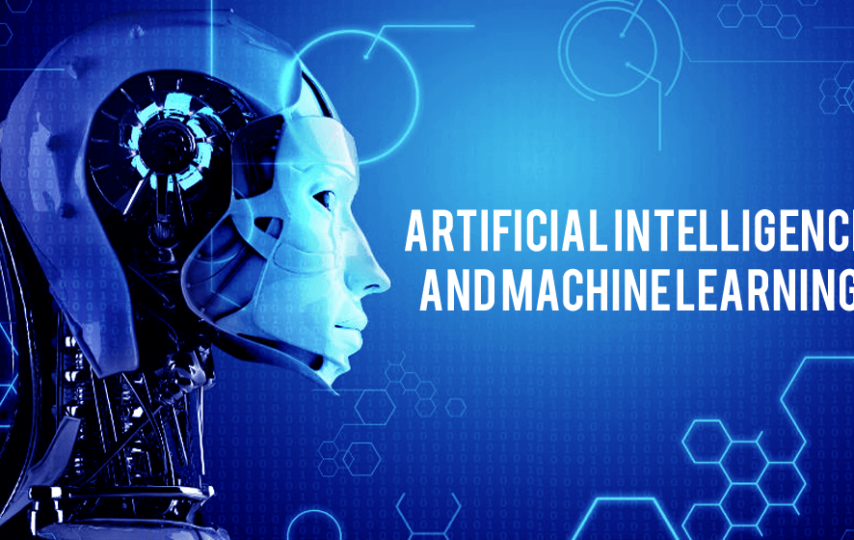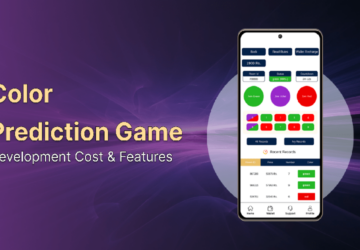Artificial Intelligence (AI) and Machine Learning (ML) have become integral components of today’s technological landscape. As industries embrace the power of intelligent systems, the demand for skilled professionals in AI and ML is soaring. To meet this demand, educational institutions and online platforms offer many AI and ML course. In this deep dive, we’ll explore the landscape of AI and ML education, examining the significance, trends, and key considerations for anyone looking to dive into this transformative field.
The Evolution of AI and ML Education
1. Rising Demand for AI and ML Professionals
According to a report by the World Economic Forum, the demand for AI and ML skills is expected to grow exponentially in the coming years. Companies across sectors are incorporating these technologies into their operations, creating a need for professionals who can develop, implement, and manage AI and ML systems. This increasing demand has led to a surge in courses and programs focused on these domains.
2. Diverse Range of Courses
AI and ML courses cater to a wide audience, from beginners to seasoned professionals. Many universities and online platforms offer specialized courses, certifications, and even degree programs in AI and ML. These programs include machine learning algorithms, natural language processing, computer vision, and reinforcement learning.
Industry Trends in AI and ML Education
1. Micro-credentials and Specializations
One noticeable trend is the rise of micro-credentials and specialized courses. Instead of pursuing a full degree, many individuals opt for shorter, targeted programs that provide specific skills. Platforms like Coursera, edX, and Udacity offer micro-credential programs in AI and ML, allowing learners to focus on areas that align with their career goals.
2. Practical Hands-on Experience
With the dynamic nature of AI and ML, there’s an increasing emphasis on practical, hands-on experience. Many courses integrate real-world projects and case studies, allowing learners to apply theoretical knowledge to solve practical problems. This trend is in response to the industry’s demand for professionals who can translate theoretical understanding into actionable solutions.
3. Integration of Ethical AI Practices
As AI technologies become more pervasive, there’s a growing awareness of the ethical implications associated with their use. Many AI and ML courses now include modules on ethical considerations, bias mitigation, and responsible AI practices. This reflects a broader industry movement towards ensuring that AI development and implementation align with ethical standards.
Key Considerations for Choosing AI and ML Courses
1. Level of Expertise and Prerequisites
Before enrolling in an AI or ML course, assessing your current level of expertise is crucial. Some courses are designed for beginners, providing foundational knowledge, while others are more advanced and require a solid understanding of programming and mathematical concepts. Check the prerequisites and choose a course that aligns with your skill level.
2. Flexibility and Mode of Learning
The flexibility of learning options is a significant factor, especially for working professionals. Online platforms offer self-paced courses, allowing learners to balance their studies with professional commitments. Additionally, some universities provide part-time or evening classes for those who prefer a more structured learning environment.
3. Reputation and Accreditation
The reputation of the institution or platform offering the course is crucial. Look for courses from reputable universities or organizations with a track record of delivering quality education. Accreditation is also essential, ensuring that the course meets certain standards and is recognized by industry professionals.
4. Industry Alignment and Networking Opportunities
An ideal AI and ML course should be aligned with industry needs. Check for courses that include input from industry experts, offer networking opportunities, and provide access to relevant resources like MS in Machine Learning. Many platforms collaborate with industry partners to offer insights into real-world applications and potential career paths.
The Future of AI and ML Education
1. Continuous Learning and Upgrading Skills
Given the rapid advancements in AI and ML technologies, the learning journey continues after a single course or degree. Continuous learning and skill upgrading are essential to stay abreast of the latest developments. Professionals in this field should embrace a mindset of lifelong learning to adapt to the evolving landscape.
2. Integration of AI and ML Across Disciplines
As AI and ML become integral to various industries, there’s a trend towards integrating these technologies across disciplines. Future courses focus on the intersection of AI with fields like healthcare, finance, and environmental science, providing professionals with domain-specific expertise.
3. Global Collaboration in Education
The global nature of AI and ML innovation is fostering collaboration in education. Institutions and experts worldwide are coming together to create comprehensive and diverse learning experiences. This trend enhances the accessibility of high-quality education for learners worldwide.
In conclusion, the AI and ML education world is dynamic and evolving, mirroring rapid technological advancements. Aspiring professionals can leverage the diverse courses available to build a solid foundation or specialize in specific areas. Micro-credential trends, practical experience, ethical considerations, and continuous learning underscore the industry’s commitment to producing well-rounded and responsible AI and ML practitioners. When choosing a course, careful consideration of one’s expertise level, learning preferences, and the reputation of the educational provider is paramount. The future promises further integration of AI and ML into various domains, making a career in this field both challenging and rewarding.








